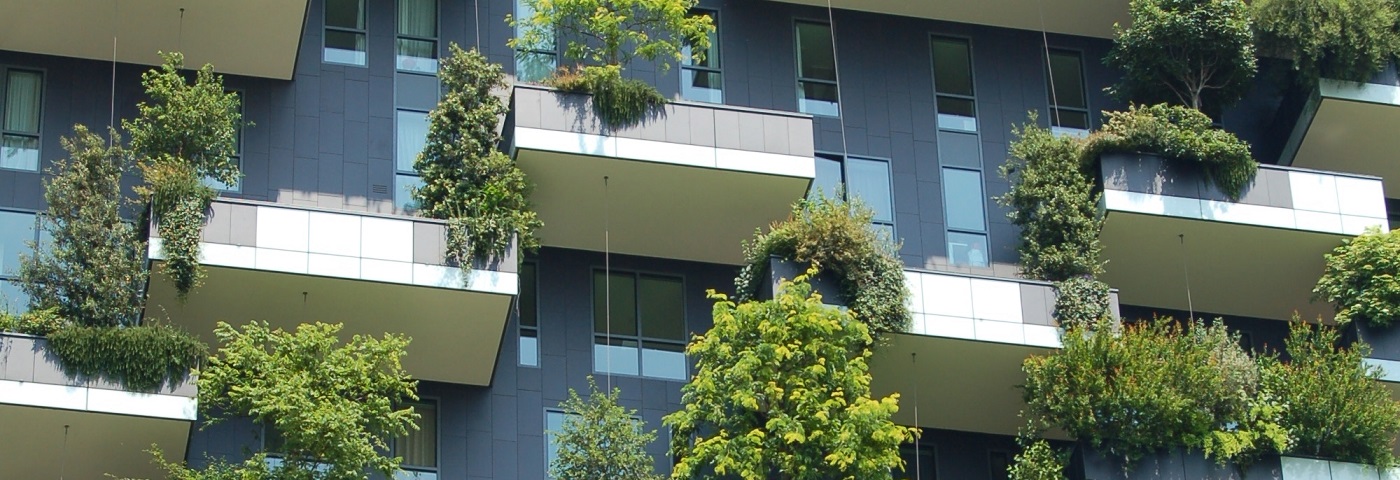In 2016 the earth’s CO2 levels officially surpassed the 400ppm “tipping point”, where the effects of climate change on our planet were considered by the IPCC to be irreversible.
Perhaps even more disheartening is the fact that as a planet, we emit more than 2.4 million pounds of CO2 every second, with European countries thought have one of the highest outputs from industry sources such as food and drink, manufacturing, transport and waste disposal, to name but a few.
With this in mind, and in light of European Sustainable Energy Week, there is no better time to assess the impact of your business’s collective carbon footprint on the world around us. Every small step will contribute to giant strides in the journey towards a sustainable energy future.
Some companies are already making progress: On the 23rd May, Hilton Hotels announced that it will cut its environmental footprint by 50% and double its social impact investment before the year 2030. Although no easy feat, Hilton is familiar with success in this area. With the saying “many hands make light work” in mind, all employees were incentivised to play their part with the offer of a free bike for everyone at the hotel which showed the largest improvements. By implementing this, alongside other measures since 2008, the company has reduced carbon emissions and waste by 30%, and energy and water consumption by 20% saving more than £7 million in costs. Pretty impressive.
Of course we can’t all be Hilton Hotels. Another way to start the transition might be to look at how each aspect of your business could contribute to your overall carbon footprint – big or small, every little helps. One example of this comes from Freedom Group , a company offering a range of professional, infrastructure and power services working in the UK and Western Europe. Upon assessing their emissions and taking consequential measures, they were able to reduce their footprint by 21%, as well as making an economic saving by reducing waste.
Using telematics, Freedom learnt that 89% of their footprint came from fuel usage – in particular idling time while trucks waited to be un-or-re-loaded, essentially doing nothing at all! Not only was this harmful to the atmosphere, it wasn’t great for Freedom Group’s pockets either – each minute of idling costing the company a painful £4 in fuel. Now, driving styles are monitored on a case by case basis to ensure carbon emissions are kept as low as possible throughout the Freedom fleet.
Business energy efficiency is key to sustainability, and we’re sure you’ll agree there is a lot we can do to improve in our efforts to achieve more and use less. Simple things like switching to LED lighting or encouraging your employees to unplug unused equipment, activate sleep modes and energy saving features on electronics, and turn the heating/lights off when nobody is in the building can all make a difference. Replacing old equipment will, despite the initial cost, similarly help with energy efficiency for the long term by eliminating power draining, outdated technology.
Allowing employees to work from home on certain days could also improve your business’s energy efficiency. According to a 2017 survey by PowWowNow, 58% of employees now have access to flexible working, being able to do their jobs from the comfort of their home. Surprisingly, this move to an agile workforce can have great sustainability gains for your business. Fewer people in the office means less energy used, and in the bigger picture, fewer people on public transport and our roads means a smaller daily carbon footprint. Furthermore, 53% of people surveyed felt they would be more productive if they worked outside of the office, making agile working a plus for your business all round.
Even the way your employees dress in the office can make a difference. In a case study as part of a report by The Carbon Trust and Smart Energy GB, one participant explained that by wearing casual clothes rather than suits on non-client facing days, they had less need for full air-conditioning in the workplace.
Ultimately, the sustainable energy revolution is in our hands. Find out more about European Sustainable Energy Week and how your business can get involved here, or take a look at Smart Energy GB’s bank of resources for employers aimed at improving workplace energy efficiency.

